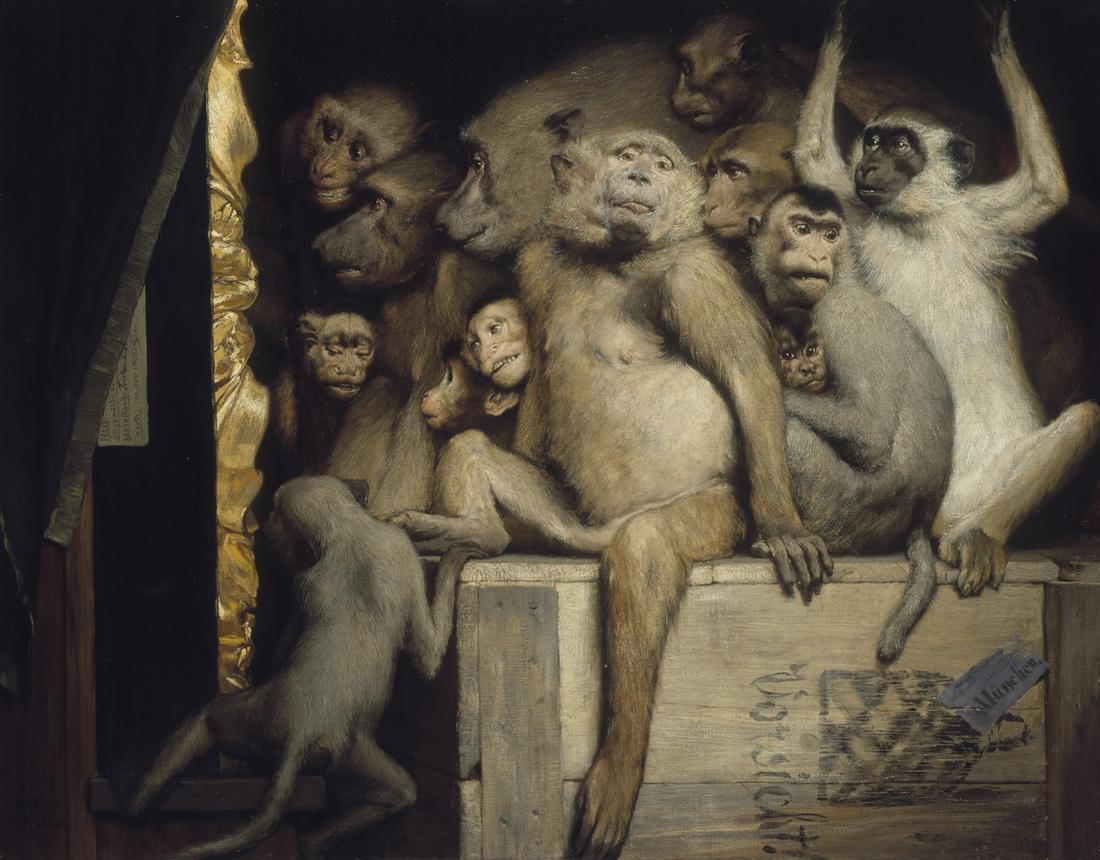I recently read Joseph North’s Literary Criticism: A Concise Political History (Harvard, 2017). North is very good at characterizing what the field settled into since the beginning of the 2000s, once the glory days of postmodernism were over. The main result of the latter was to play down concern with the aesthetic dimension of literature in favor of teaching students to think about literature from a “historicist” and “contextualist” – code for “political” and often crudely ideological – perspective.
That much is clear, but the question is, how did it happen?
According to North, the Baby Boom generation that accomplished the turn from aesthetics to politics relied on a misrepresentation of the so-called “practical criticism” of I.A. Richards, which they encountered in the form of the American school of New Criticism. This, the younger generation believed, was an essentially conservative enterprise that encouraged political passivity by isolating literary value from the wider world. The rebellion against it culminated in the New Historicism, which paved the way for post-colonialism, queer theory, disability studies, and the rest.
But the strident political posturing of these schools obscures the fact that the literary critics are not substantively political at all. North’s thought is that this “leftist” scholarship is perfectly suited to the age of neoliberalism. It rose, after all, in tandem with the global shift to the right that began in the late 1970s, and that, North suspects, was no coincidence. During this period, the universities became neoliberal as well: institutional loyalty was a thing of the past, and literary critics were now individual entrepreneurs with a market value determined by the prestige of the universities that competed to recruit them. The Boomer generation of academic leftists is very comfortable in this milieux and highly skilled at exploiting it, harvesting rich rewards as a result.
This is possible because the critics don’t really see themselves as critics at all, in the sense of evaluators of aesthetic quality; instead, they are austere “knowledge producers.” The value of literature in their eyes is primarily that they can produce scholarship with it. As Richard Rorty once said, the academic left confuses taking over the English Department with taking over the government. I would add that it treats awarding or denying tenure as the moral equivalent of war.
As a perceptive reviewer put it:
The model here is the sciences, but without the empirical, reality-testing element. The validity of the knowledge produced from literary studies is determined by … the people who are reproducing it, … who, through means both fair and foul, have risen to the top of their profession. This explains why, after the creative ferment of the Sixties, the most easily replicable and legible form of knowledge, historico-contextualism, has come to dominate, even if it was never the most literary. It also means that there is no god but the boss, be they department chair, dean, provost, trustee, or external government bureau. And the boss judges value based on productivity above all.
There’s no reason to think this can’t be changed, but it won’t be easy. The successor generation of scholars taught by the Boomers were, on the whole, not rebellious. Instead of challenging their teachers, they sought their approval and seem to have adopted their scholarly, pedagogical, and ideological attitudes and commitments. Eventually, of course, something will give way, but there’s no reason to think it will happen any time soon.

Monkeys as Judges of Art, 1889, by Gabriel von Max.

